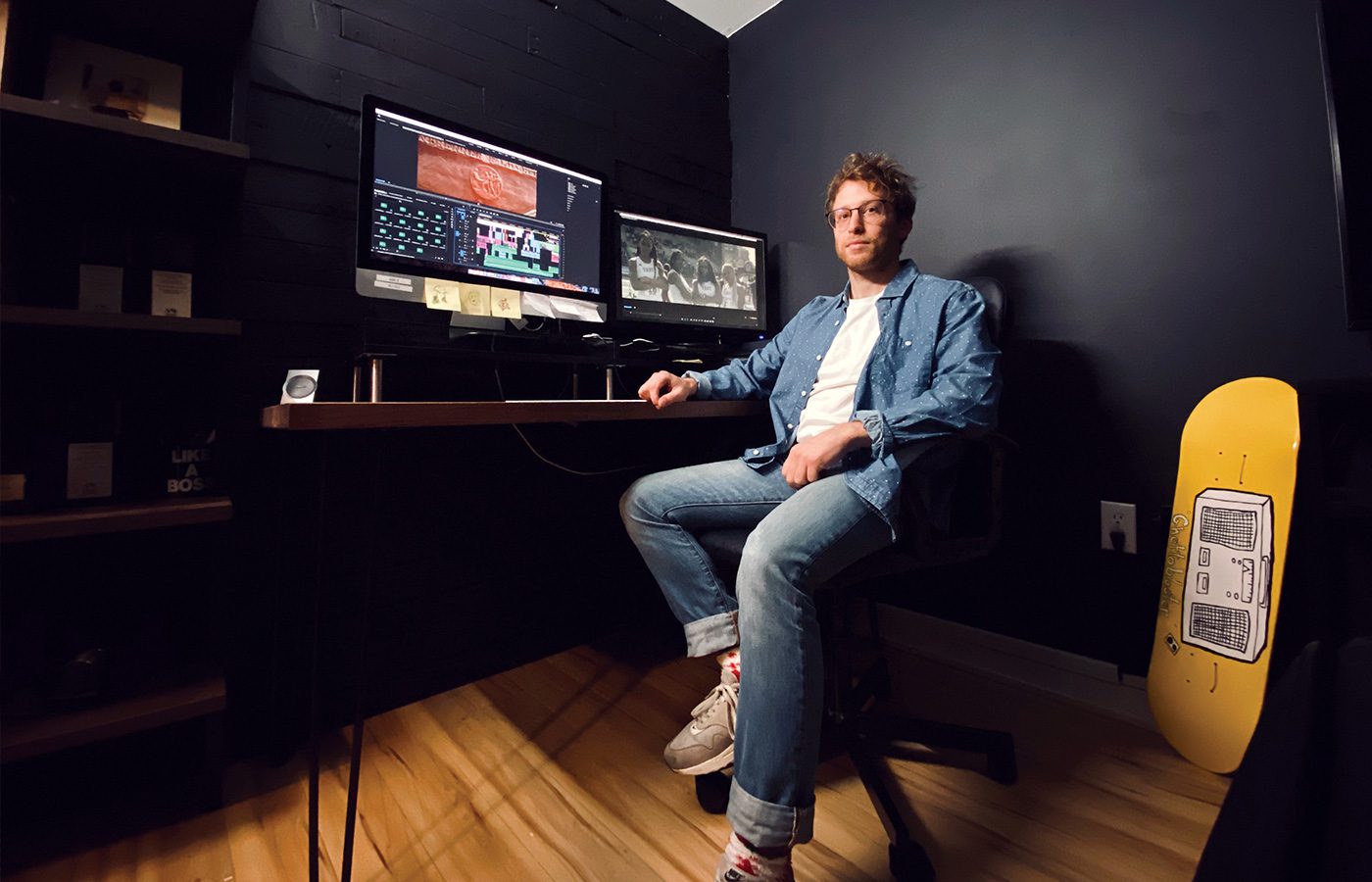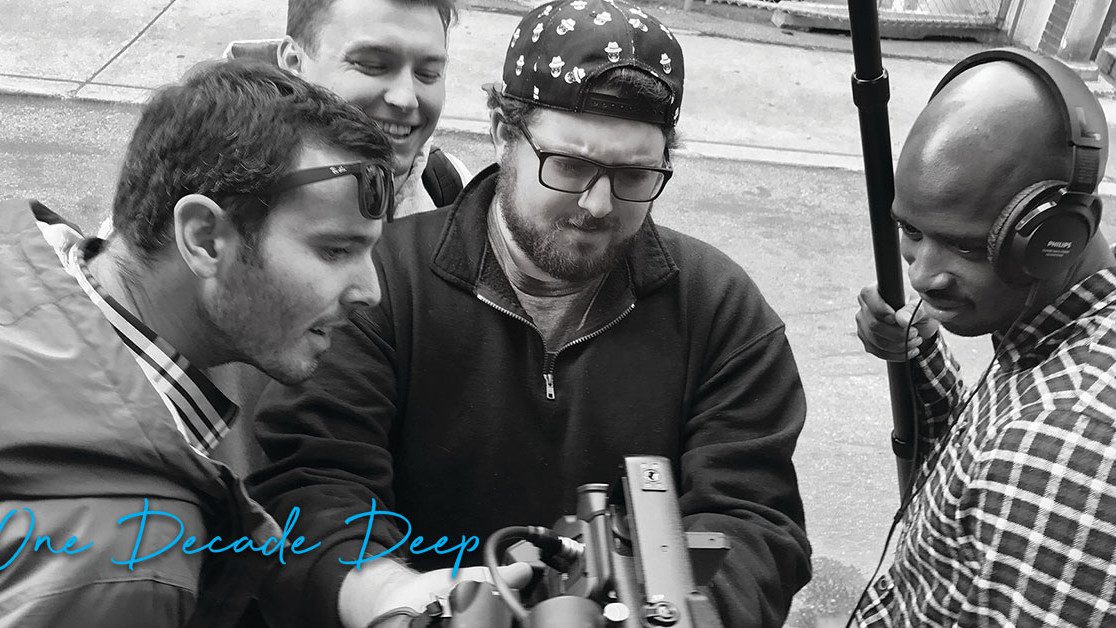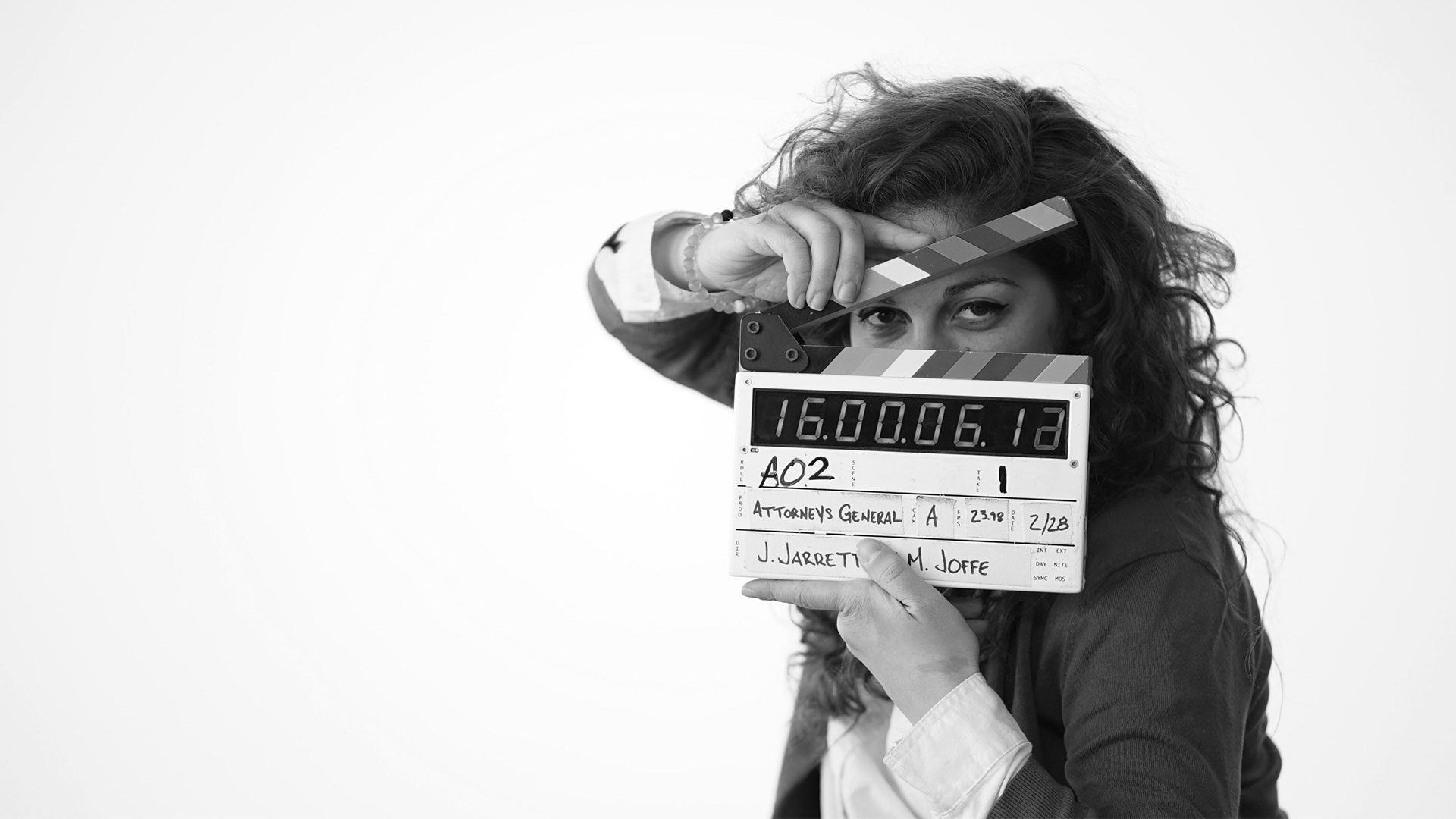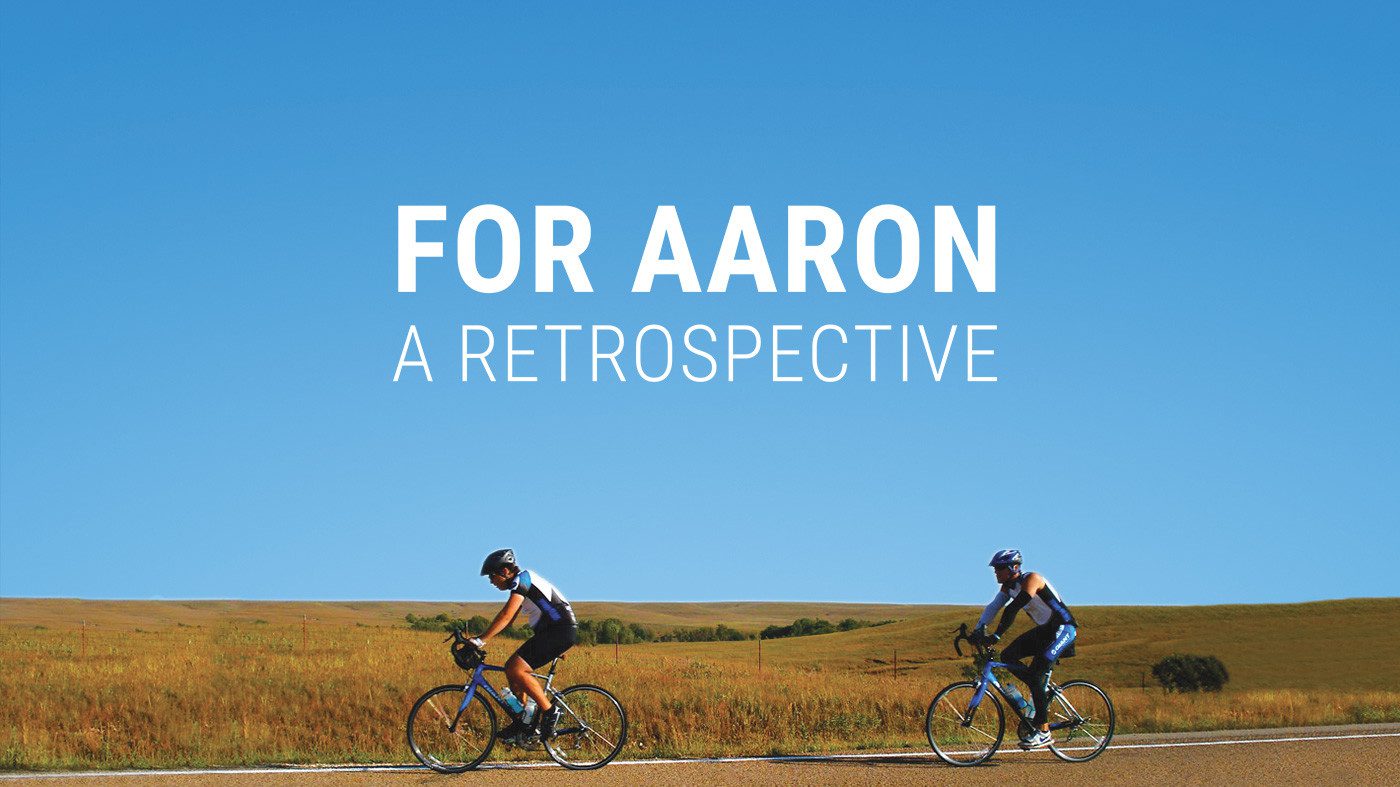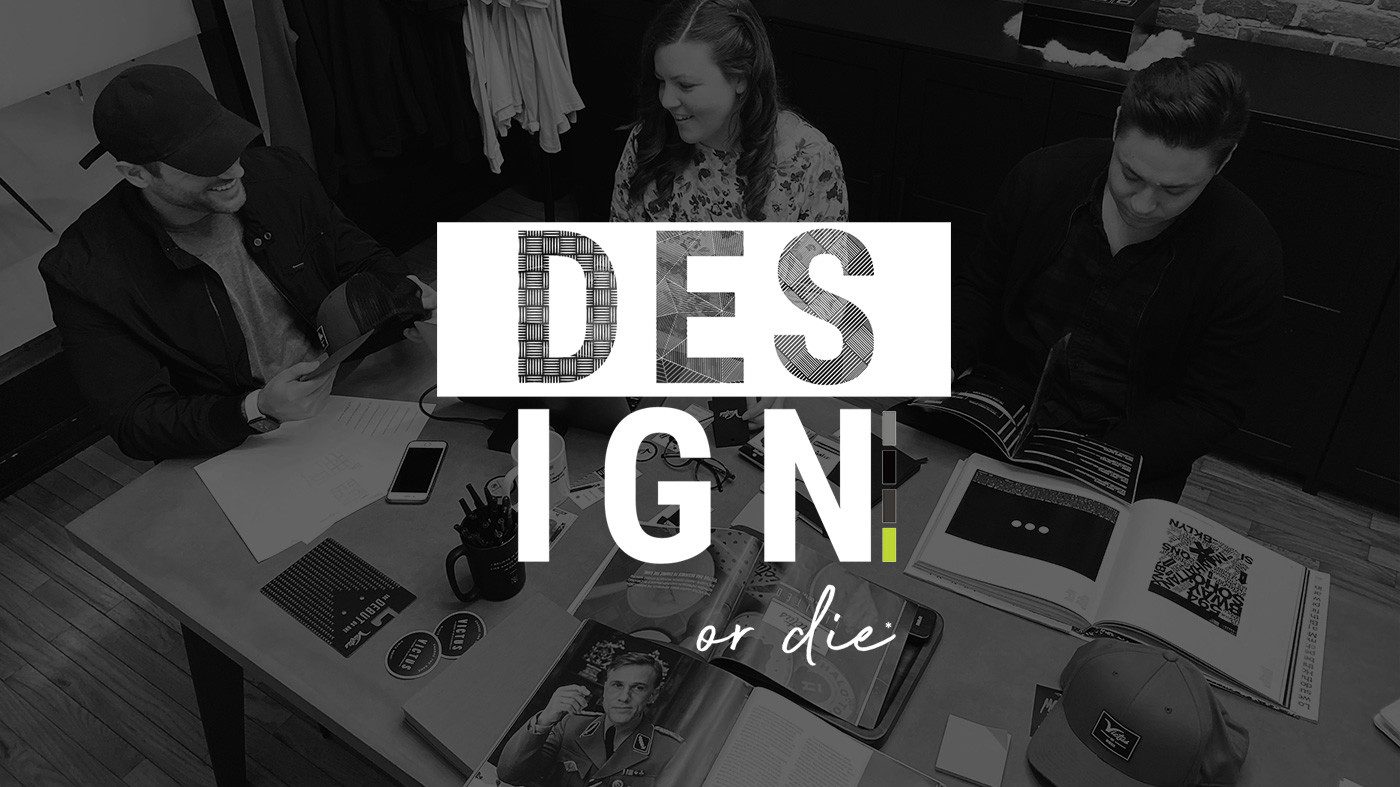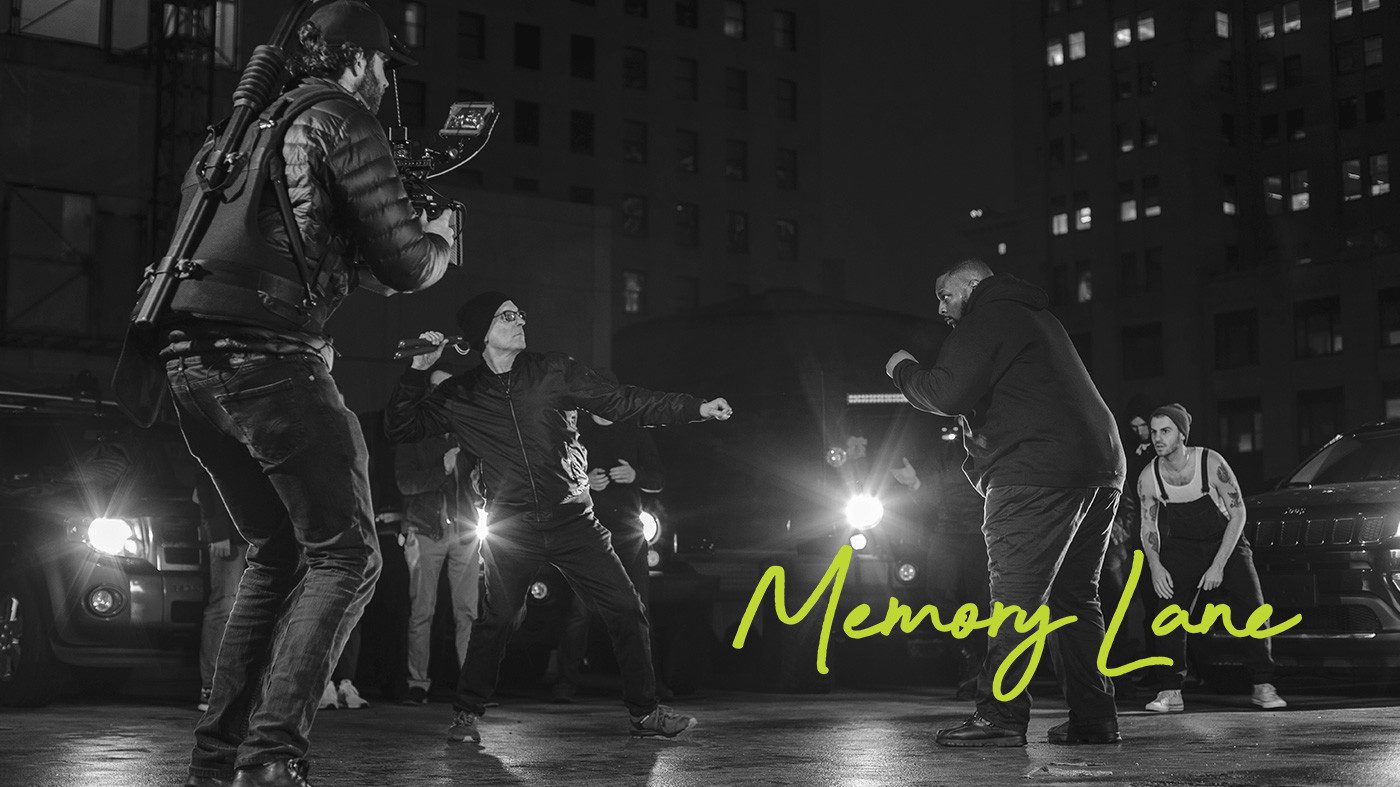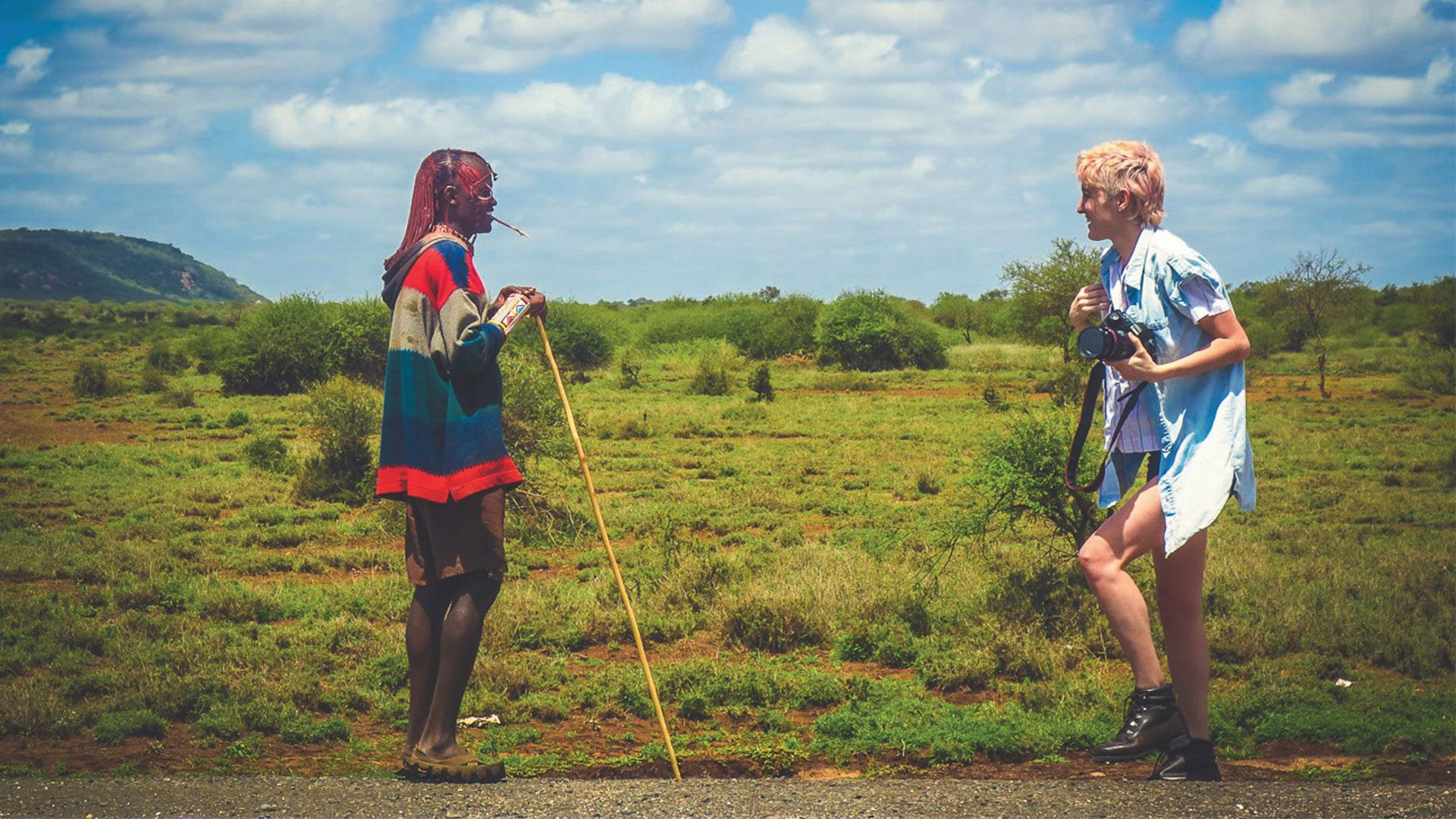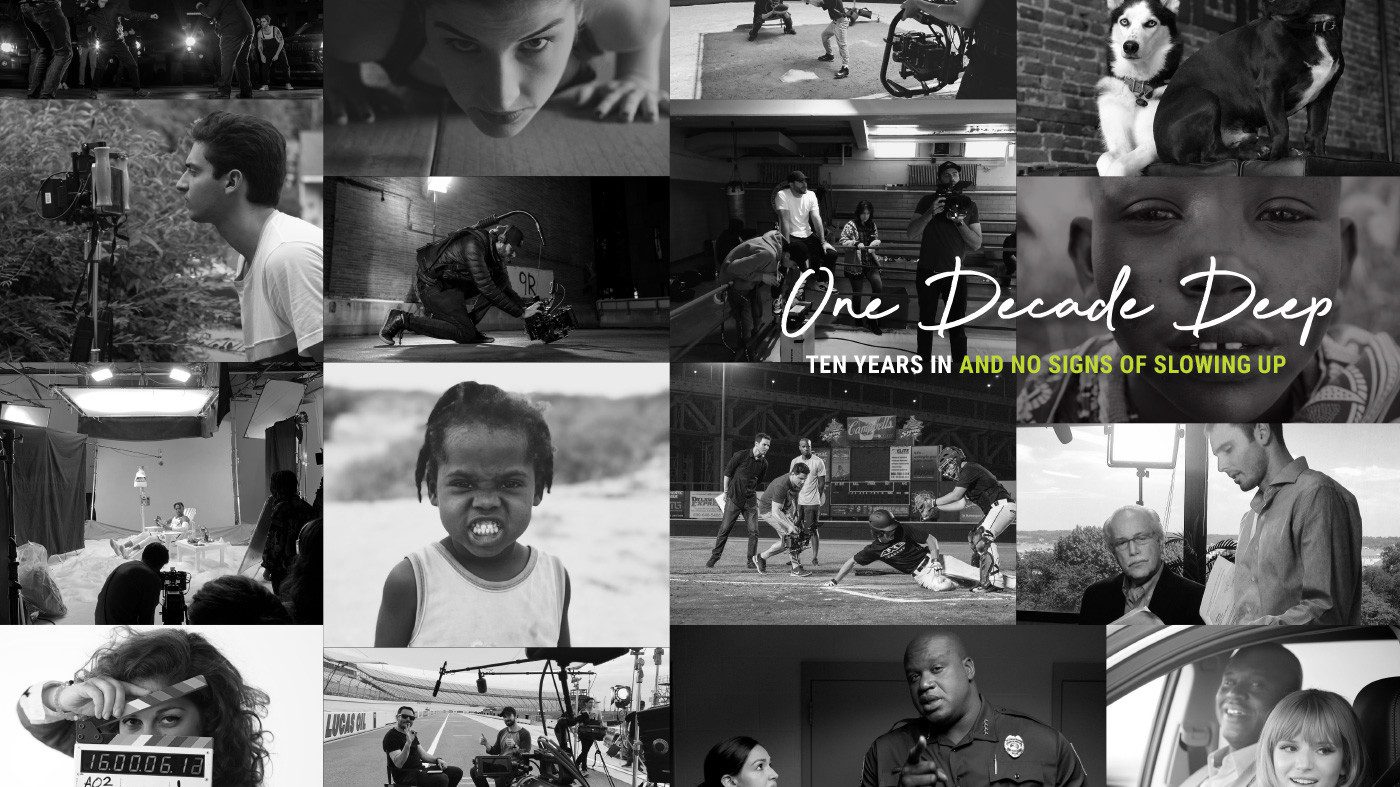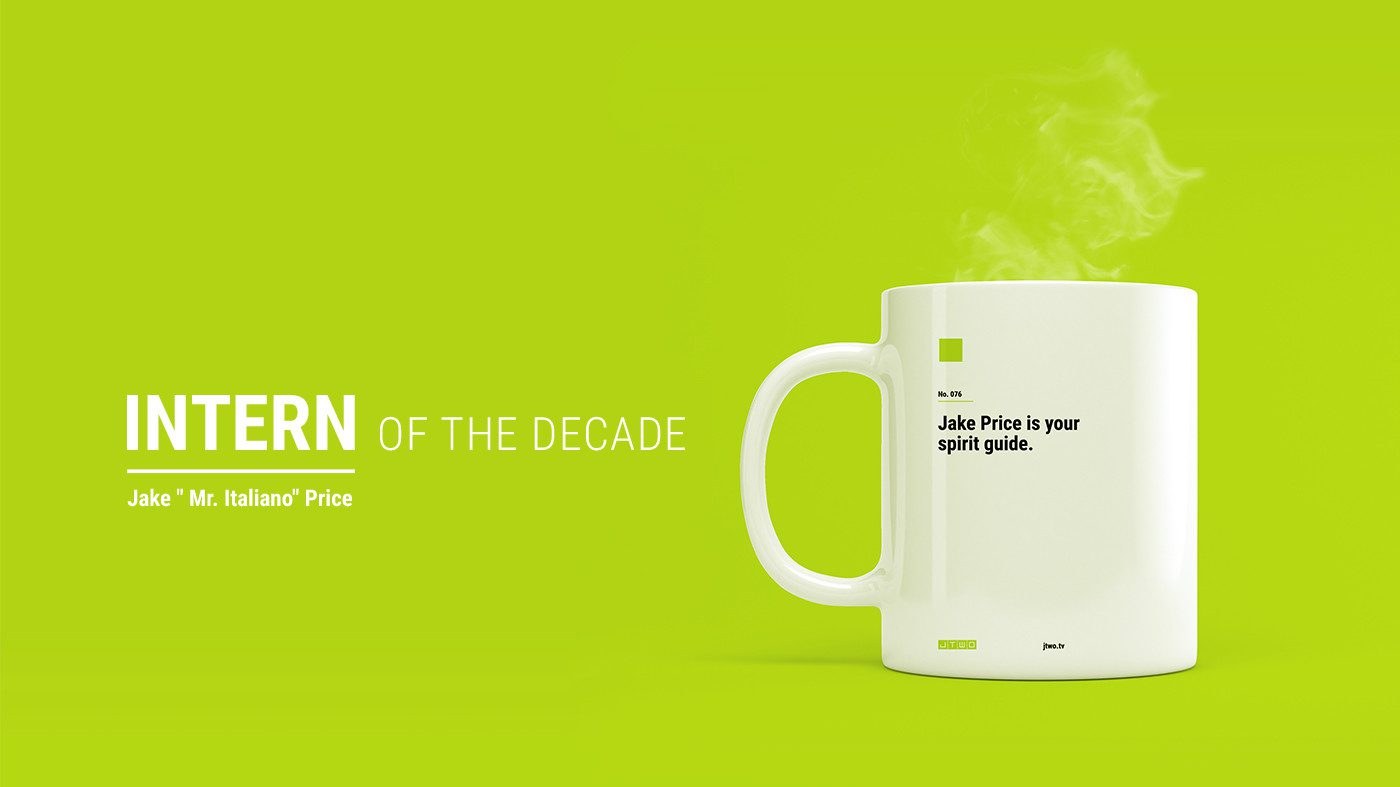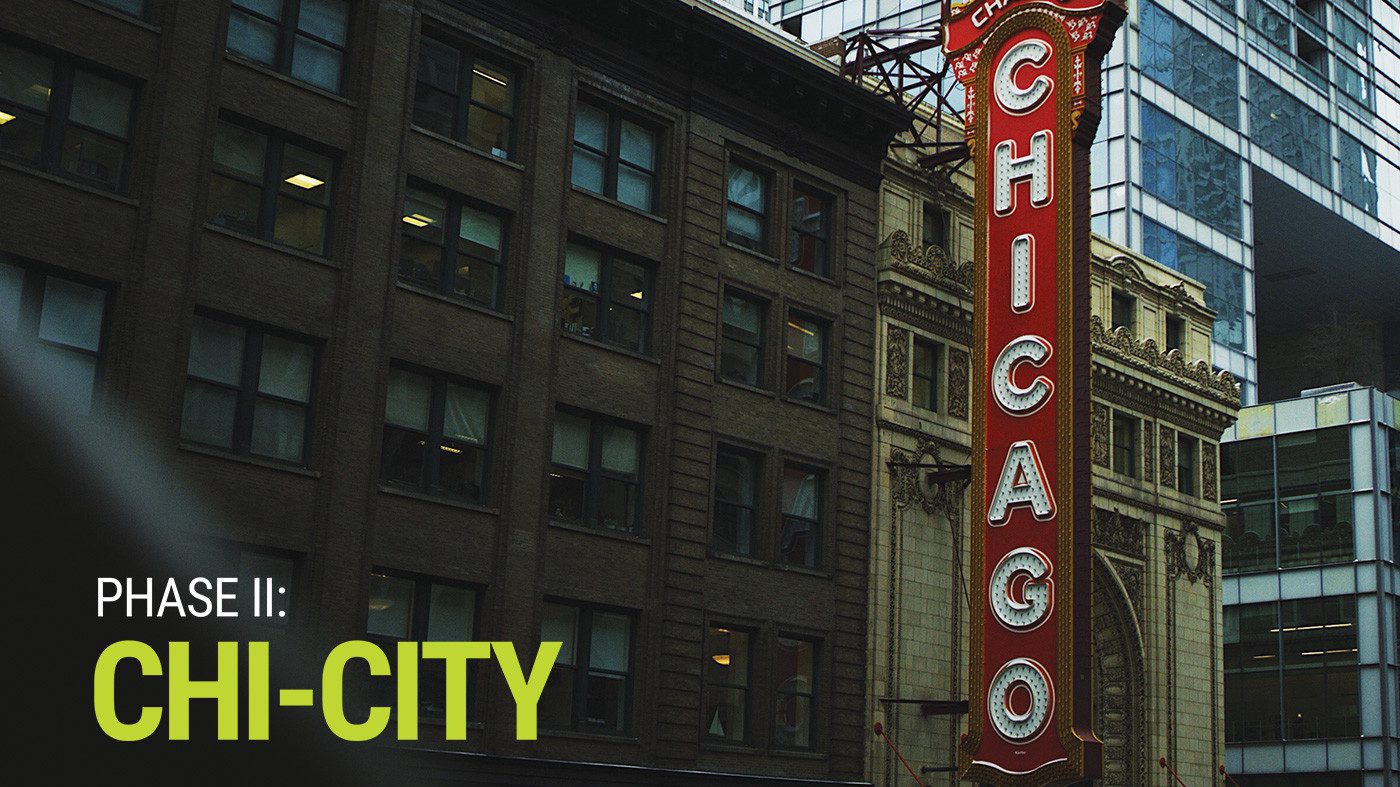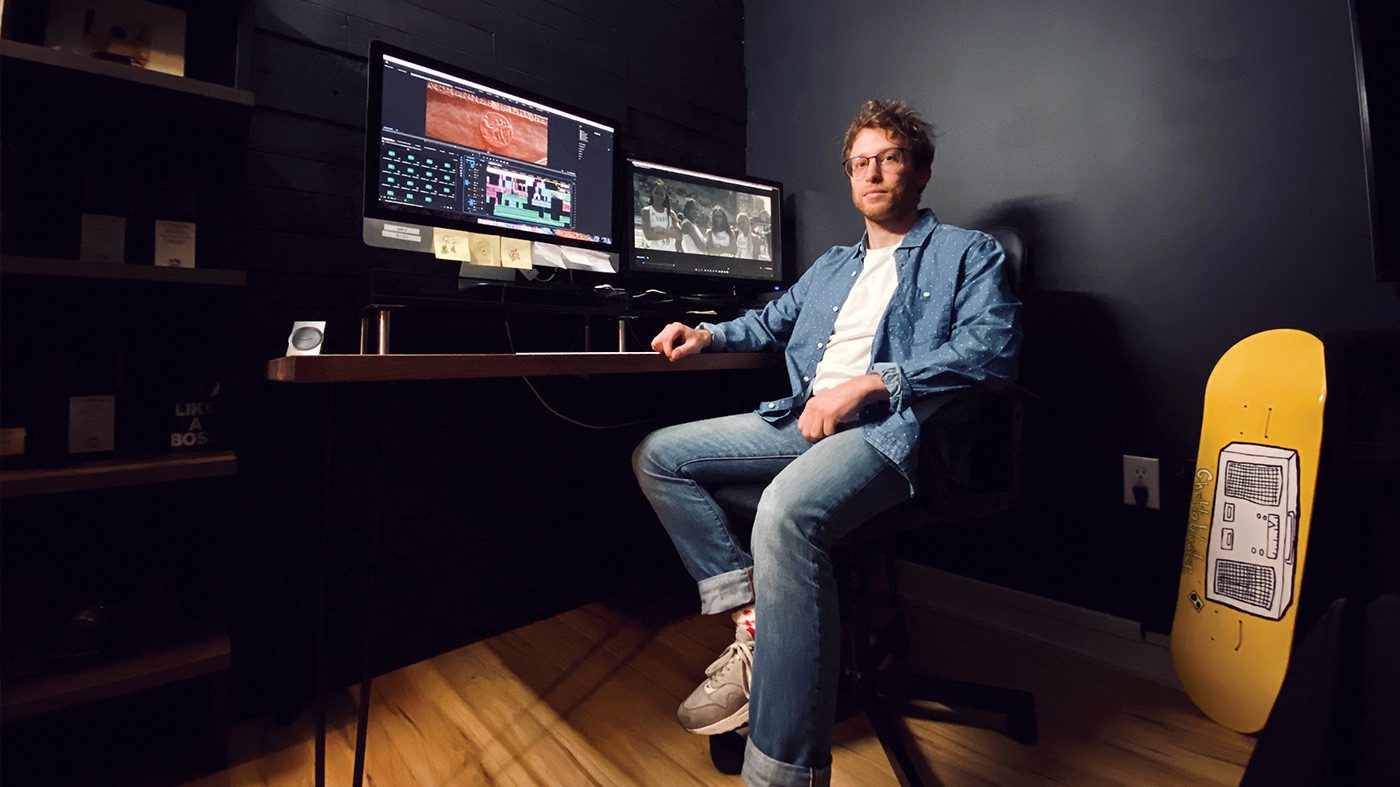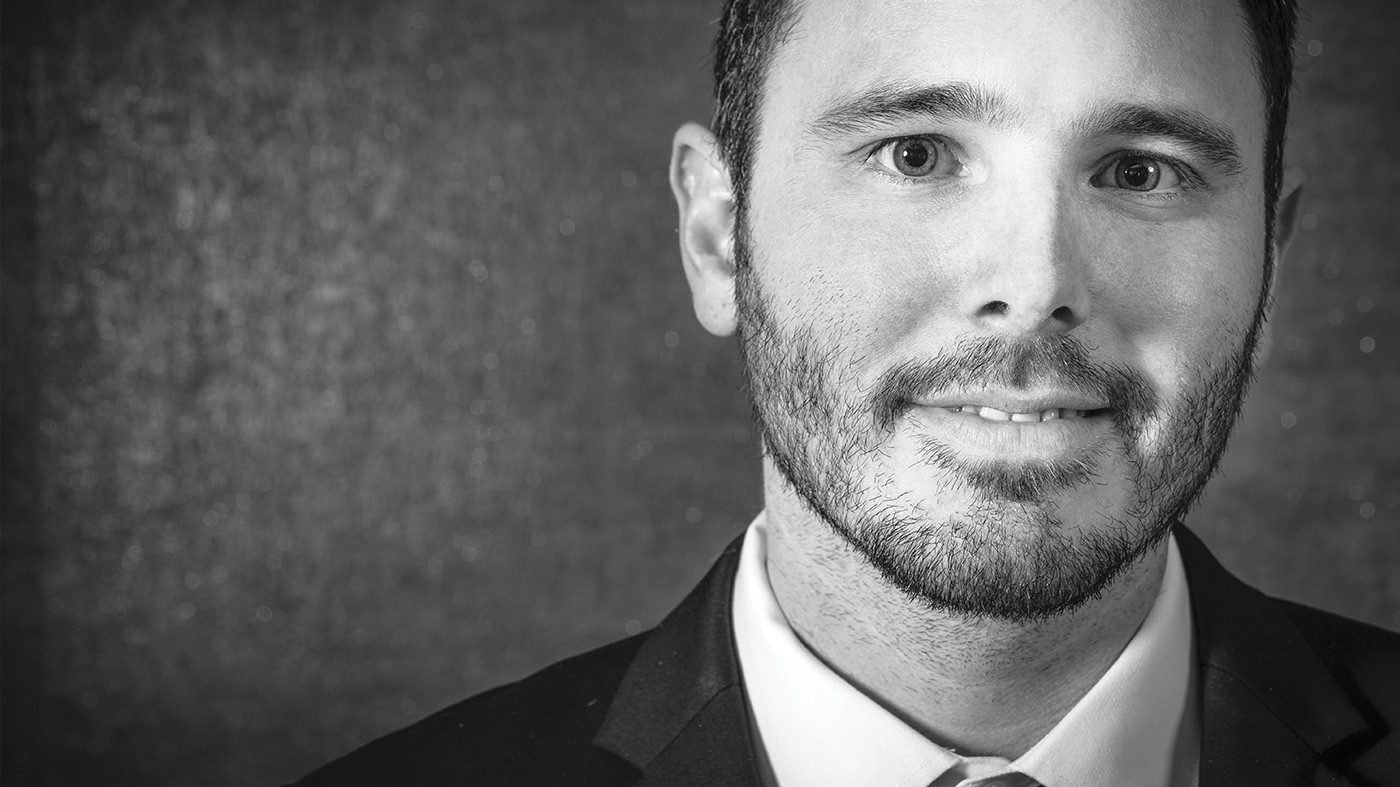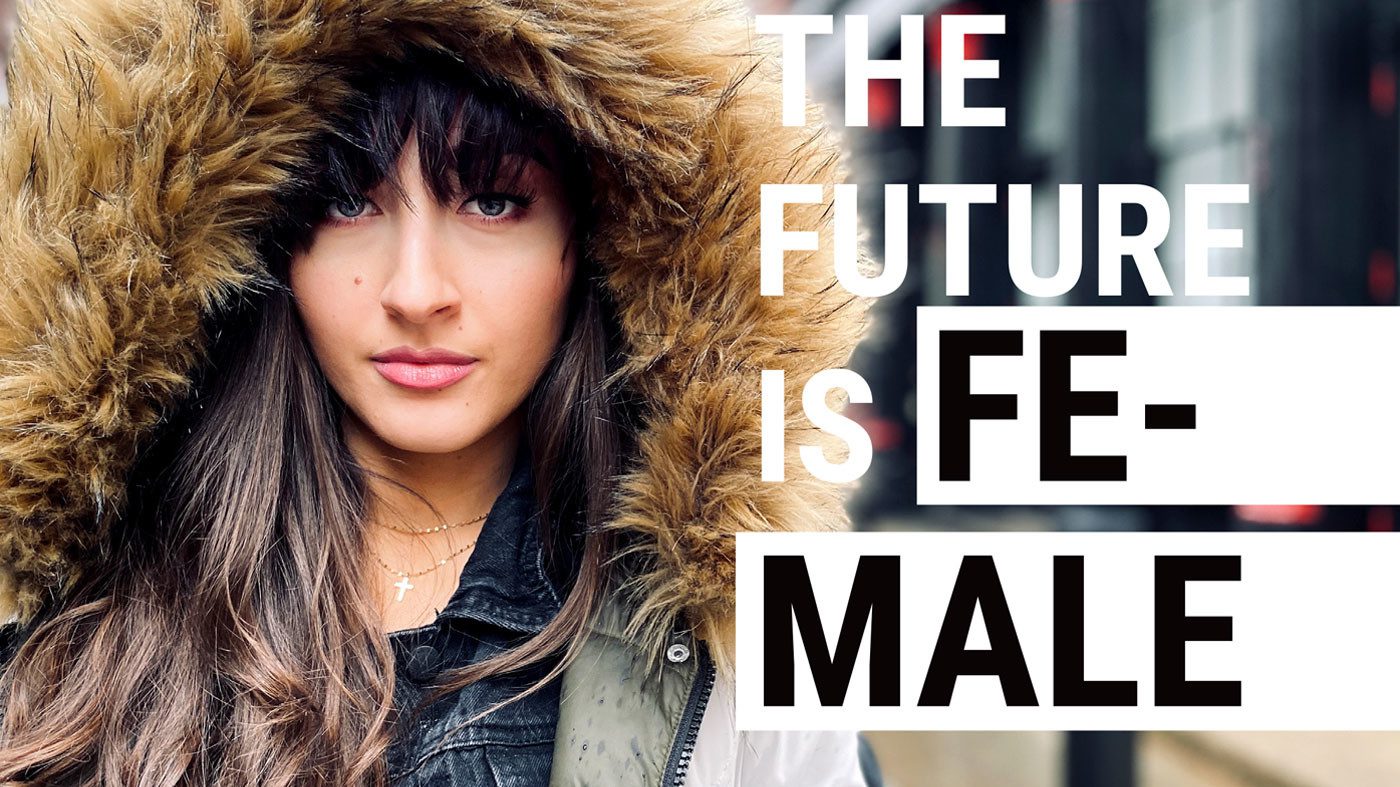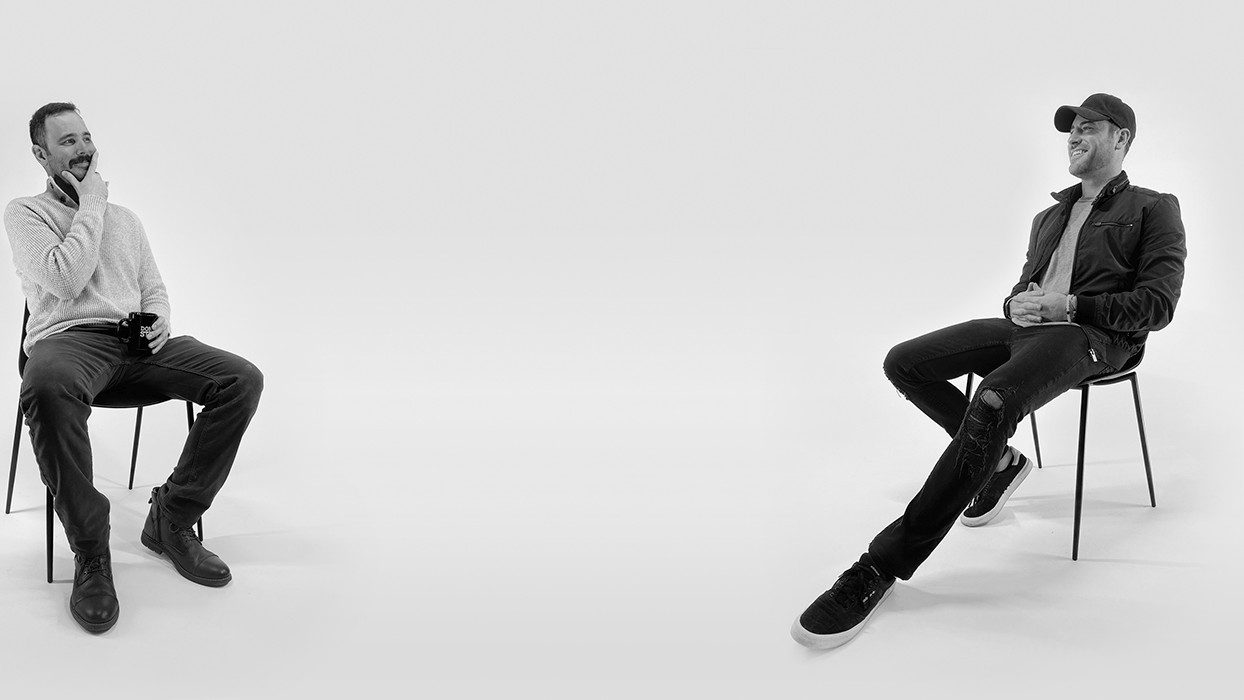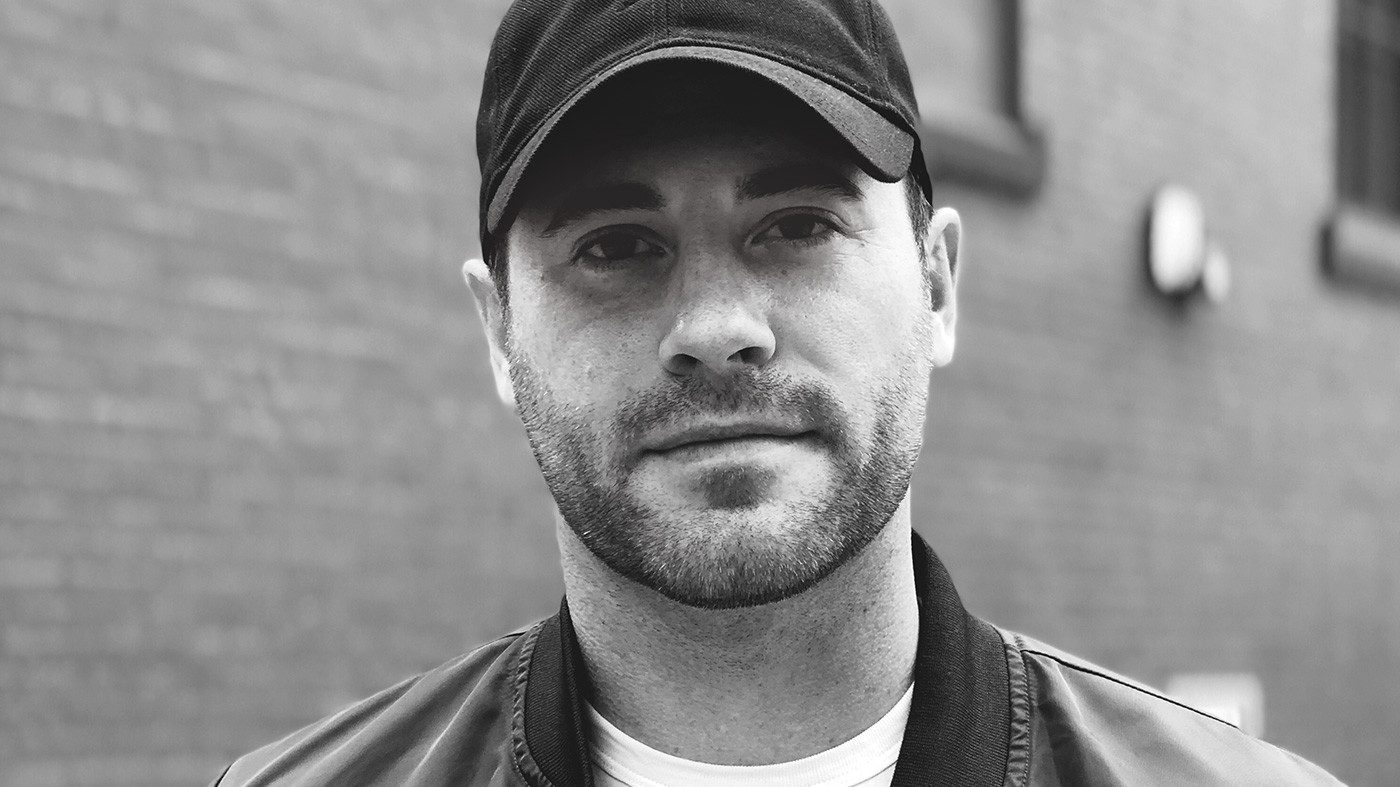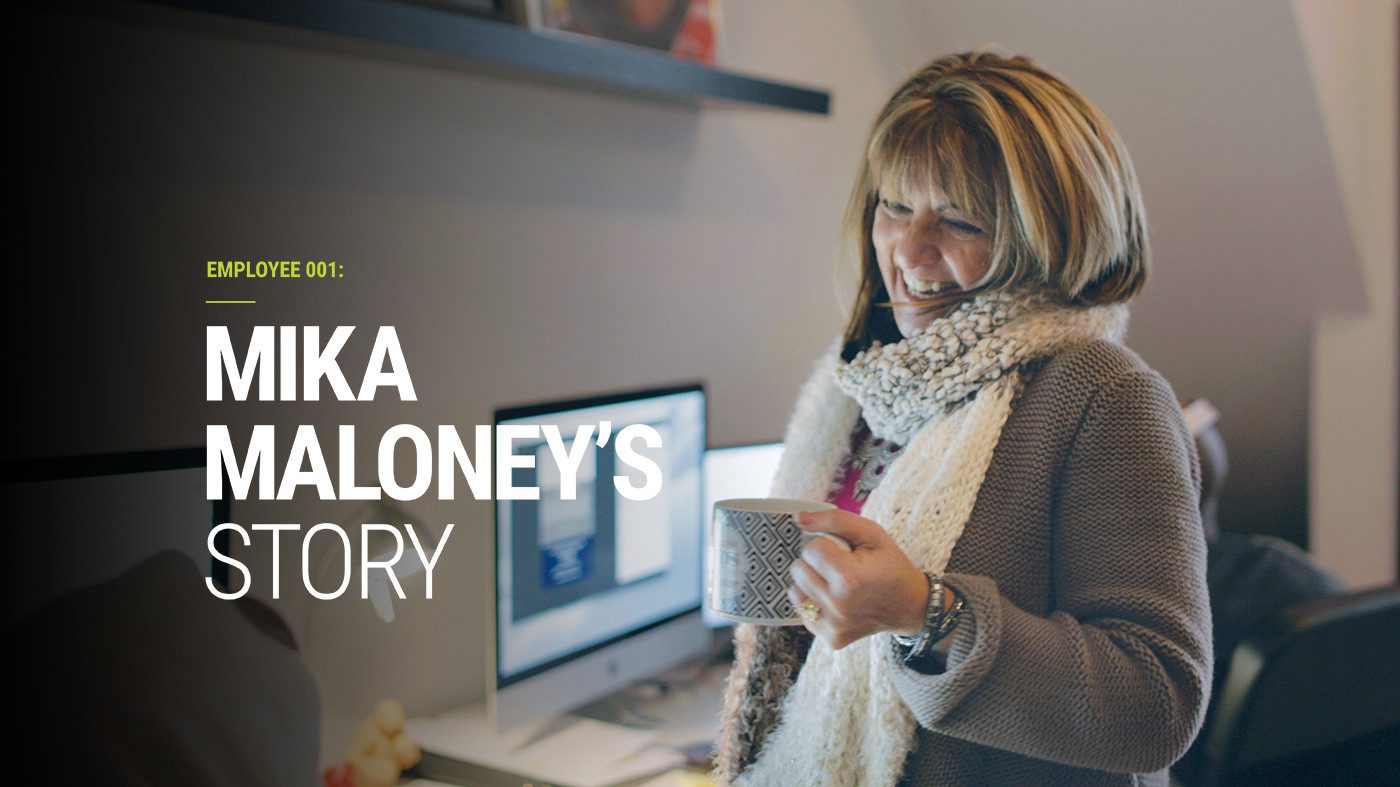Chopping It Up: An Editor's Take
BY IAN SCHOBEL
In this lovely era of overt personality commodification in both mainstream and subversive cultural circles, we’ve insisted on merging the artist and their art, demanding voyeuristic insight into their lives. So, where does the editor fall in this landscape? The one who is often considered best when their presence is unnoticed, disconnected from your viewing experience, an afterthought that returns in the credits. When you finish watching your program and you’re simmering in the aftermath of a truly powerful experience we often take for granted or which gets muddled in the thousand other hours of on demand entertainment, that stupor is the result of one or many people watching this footage for weeks, even months. Yes, I am a thick cog in the machine. A puppeteer of nuance. I contort our productions to make you feel how I choose. They call me a lot of things, most of which I disagree with. They also call me editor.
I was born in the 90s. Aspiring editors born prior know that there was an implicit understanding you submit to when deciding upon this profession: tucked in a damp, dark corner, light will not reach your place of work; you must become familiar with darkness and isolation, your screen’s synthetic light the only illuminator. Your place on the totem is integral, but not meant for glory. “We’ll fix it in post,” they say. Perhaps a bowl of food will be intermittently lowered to your desk via rope. This is mostly false in my experience. The head honchos at JTWO are the collaborative sort and pretty good at treating their employees like humans with rights, not a perverse assembly line– there’s a wall of windows, running water, unlimited bathroom breaks, a fridge, coffee and dogs that sometimes let you smush their fluffy heads.
Of course, it doesn’t take a career in production to appreciate an edit. The fourth wall can break any time, for anyone. In the case of the editor, though, after 10 hours cutting, slipping and trimming, they tend to encounter two paths: lose all joy in watching screens, and seek shelter from all types of pulsating electromagnetic waves, or become hungry for more– just a good piece of production, maybe an analytical experience, noticing the cuts, learning movements that shape motifs, ideas that will resurface when you return to your footage.
In commercial film production, the editor is adaptable, and hops from a quick and dirty chop job to a mini doc worthy of festival submission, sometimes in the same day. Editors must operate on instinct within constraints (usually client-defined). Sure, you place a clip next to a clip, next to a clip, and you are editor. But wait– did you check that your codecs and frame rates match your sequence settings? Are you exporting for broadcast? Or simply web? Beyond the creative aspects, the tiny technical details are easy to overlook, but supremely important.
"BEYOND THE CREATIVE ASPECTS, THE TINY TECHNICAL DETAILS ARE EASY TO OVERLOOK, BUT SUPREMELY IMPORTANT."
"BEYOND THE CREATIVE ASPECTS, THE TINY TECHNICAL DETAILS ARE EASY TO OVERLOOK, BUT SUPREMELY IMPORTANT."
I became an editor to learn while I create– about the stories I am entrusted with as much as individual craft. It is true that we do not see anything as it is except through the questions we put to it, and under the hood of a commercial film production machine, I don’t ask the same questions with each project. Before diving into the footage for a new spot, there’s a quiet moment where I recognize here is another opportunity to make something new, beautiful, or experimental, to break new personal groundal ground, to rip through the expectations of whoever will watch it. And I’ll let the art speak for itself.

